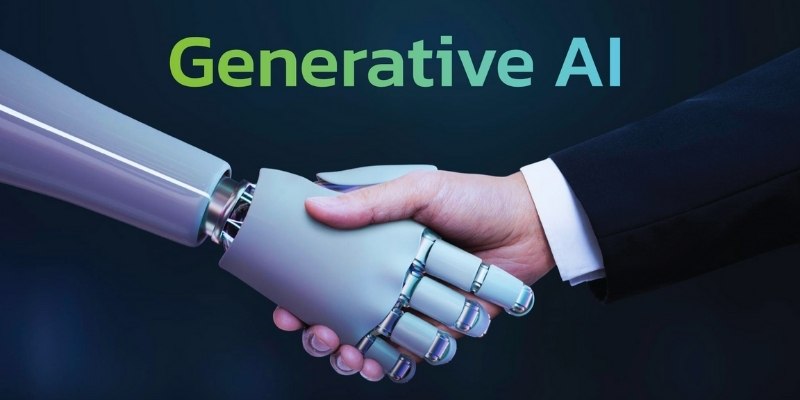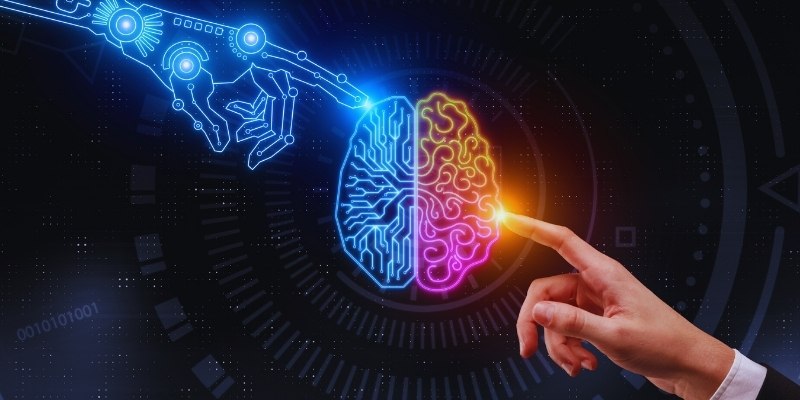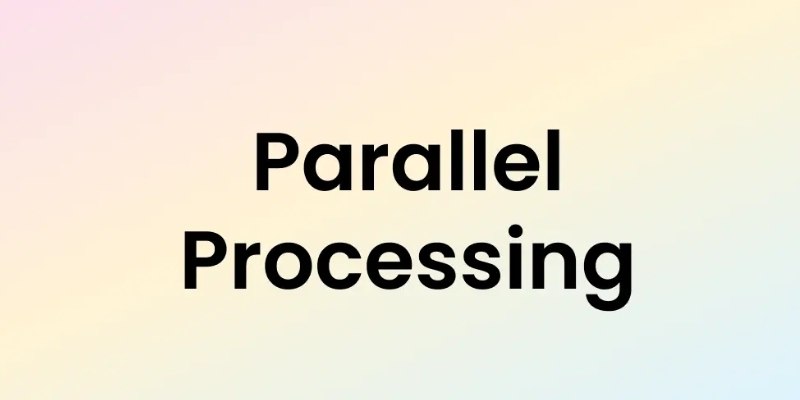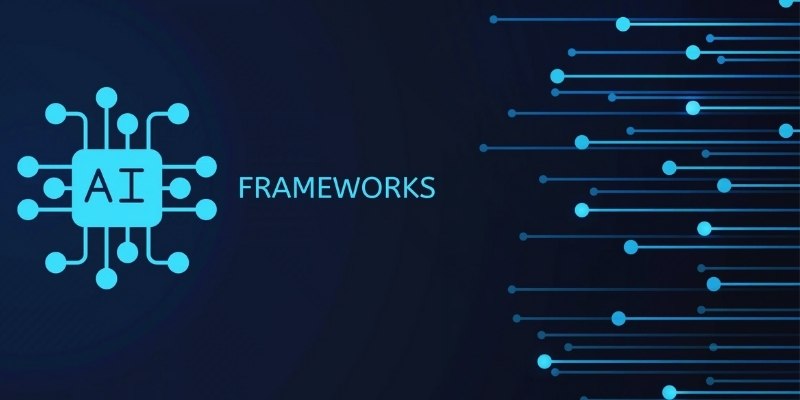Everyday life includes artificial intelligence (AI). In security, banking, and healthcare, it aids as well. But worries over trustworthiness, security, and AI safety are mounting. AI systems have to be reasonably transparent, consistent, and honest. They shouldn't endanger users or make bad decisions. Experts mainly emphasize developing safe and ethical AI frameworks. These systems guarantee that artificial intelligence respects privacy, follows rules, and is free from bias.
The development of reliable artificial intelligence depends on rigorous testing and surveillance. It calls for justice, responsibility, and explainability. Experts underline that AI ought to be morally congruent and human-centered. The main ideas and professional advice for creating safe artificial intelligence systems are investigated in this guide. Knowing these ideas can assist companies, developers, and legislators in ensuring artificial intelligence is dependable, fair, and safe.
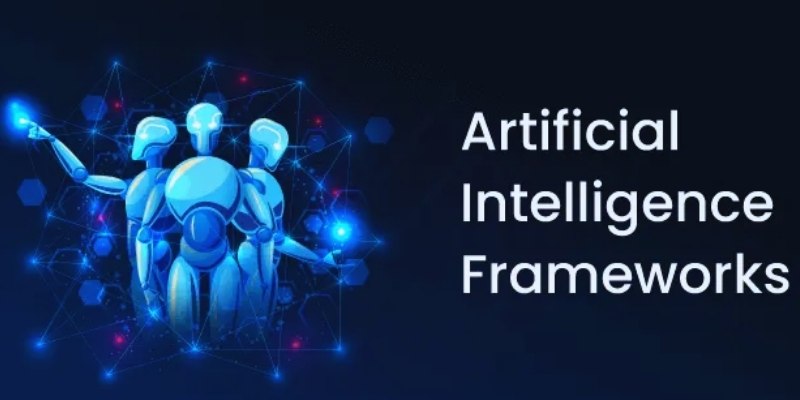
Key Principles of Trustworthy AI
Below are the key principles that help ensure AI systems remain safe, fair, transparent, and accountable in their decision-making processes:
Transparency and Explainability
AI choices have to be logical and understandable. Users should be aware of how AI bases decisions and analyzes data. Black-box models might breed mistrust since their methods are opaque to others. XAI, or explainable artificial intelligence, guides consumers in comprehending AI predictions and decisions. Professionals advise substituting interpretable models with complicated ones. Transparency also entails open communication regarding the goals and constraints of artificial intelligence and well-written documentation. Organizations and regulators support policies aiming at improved artificial intelligence openness.
Fairness and Bias Reduction
Artificial intelligence ought to treat every user fairly. In recruiting, healthcare, and law enforcement, bias in artificial intelligence systems can cause prejudice. AI models learn from data; thus, biased data produces unjust results. Professionals advise cautious data choosing and testing. Before training models, artificial intelligence creators should employ different datasets and eliminate prejudices. Fairness testing and regular audits guarantee that artificial intelligence operates fairly for all businesses. Laws and ethical guidelines assist in avoiding prejudice in artificial intelligence conclusions.
Security and Privacy Protection
AI has to be safe against cyberattacks. AI flaws let hackers access data or control decisions. The defense of AI systems against attacks and illegal access is essential. Experts advise strong encryption, frequent security audits, and tight access limits as tools. Artificial intelligence should also abide by privacy rules to safeguard user data, including GDPR. While maintaining data security, federated learning and differential privacy assist in training AI models. AI systems should provide fail-safes to stop destructive behavior.
Ethical AI and Accountability
Artificial intelligence should act ethically and be answerable for its deeds. If AI errors, consumers should be aware of who bears accountability. Well-defined governance rules help control artificial intelligence hazards. Professionals underline that artificial intelligence should not make important judgments by itself. Human supervision guarantees that artificial intelligence complies with legal and ethical standards. Government rules and ethical artificial intelligence boards help to preserve accountability in artificial intelligence evolution. Businesses should have AI failure reporting systems.
Robust Testing and Continuous Monitoring
Over time, AI systems have to operate precisely and safely. Frequent testing and monitoring enable mistakes to be found and failures to be avoided. Under many scenarios, stress-testing artificial intelligence models guarantees dependability. Before using artificial intelligence, experts advise ethical effect studies and practical simulations. AI models should permit constant learning and improvements to address issues. Tracking artificial intelligence activity helps to preserve efficiency and long-term confidence.
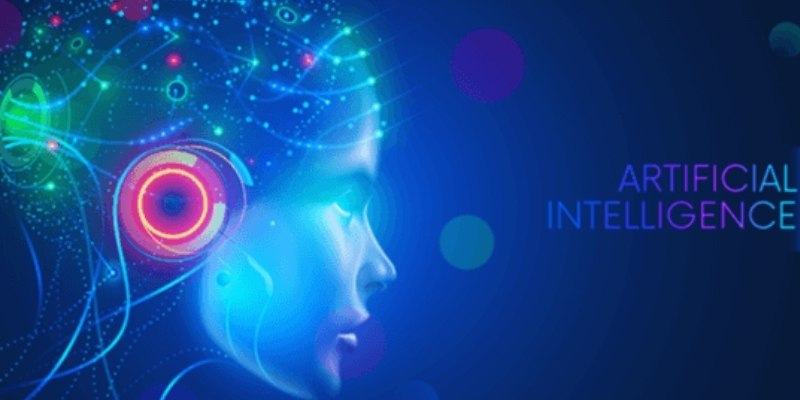
Expert Strategies for Safe AI Development
Below are expert-recommended strategies to develop AI systems that are secure, ethical, transparent, and aligned with human values and safety standards.
- Building Human-Centered AI: AI should assist human decisions and requirements. Experts stress the need for people to control artificial intelligence activities. AI should improve human capacities instead of replacing them. Developers should make AI systems to change with user comments. Human supervising interactive artificial intelligence models lower hazards and increase safety. Ethical design guarantees AI respect for human rights and ideals.
- Using Ethical AI Frameworks: Different companies create ethical artificial intelligence models to direct growth. These systems prioritize justice, privacy, openness, and responsibility. Safety rules for artificial intelligence come from government policies, IEEE guidelines, and ISO AI standards. Experts advise following these worldwide AI standards. Businesses should equip ethical AI development engineers. Expert reviews and public opinions help increase AI fairness.
- Strengthening AI Regulations and Policies: Artificial intelligence security and safety depend much on governments. Laws and rules guarantee that artificial intelligence upholds moral norms and does not endanger consumers. AI laws address cybersecurity, data protection, and bias avoidance. For AI governance, experts advise world cooperation. Nations should establish global AI safety guidelines and distribute best practices. Policymakers should help create flexible and efficient laws when working with artificial intelligence researchers.
- Advancing AI Security Measures: AI security must keep up with cyber threats and hacking attempts. Experts counsel applying artificial intelligence danger detection technologies, modern encryption, and safe coding techniques. Zero-trust designs guarantee only authorized users access to artificial intelligence systems. Frequent audits and security updates help to stop breaches. To find flaws, artificial intelligence developers should cooperate with cybersecurity specialists. AI should have backup strategies to manage mistakes gently.
- Promoting AI Ethics Awareness: Public education on artificial intelligence ethics is important. Users should be aware of AI's advantages and hazards. Programs in artificial intelligence literacy enable individuals to make wise judgments. Experts advise developers, legislators, and corporate executives on AI ethics. Industry talks, research papers, and seminars raise knowledge. AI firms should give ethical staff training top priority.
Conclusion:
Transparency, justice, security, and responsibility define developing trustworthy artificial intelligence. Experts underline human supervision, ethical frameworks, strict rules, and ongoing observation to ensure that artificial intelligence is safe and dependable. AI should defend privacy, avoid bias, and operate safely against cyberattacks. Companies have to improve ethical awareness, do fairness audits, and meet worldwide AI norms. Establishing policies that guarantee artificial intelligence helps society depends mostly on governments. Following these ideas will help developers, companies, and legislators produce artificial intelligence that is safe, equitable, and consistent with human values, thereby guaranteeing responsible innovation in artificial intelligence and long-term confidence.
